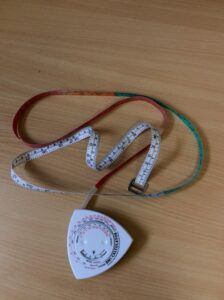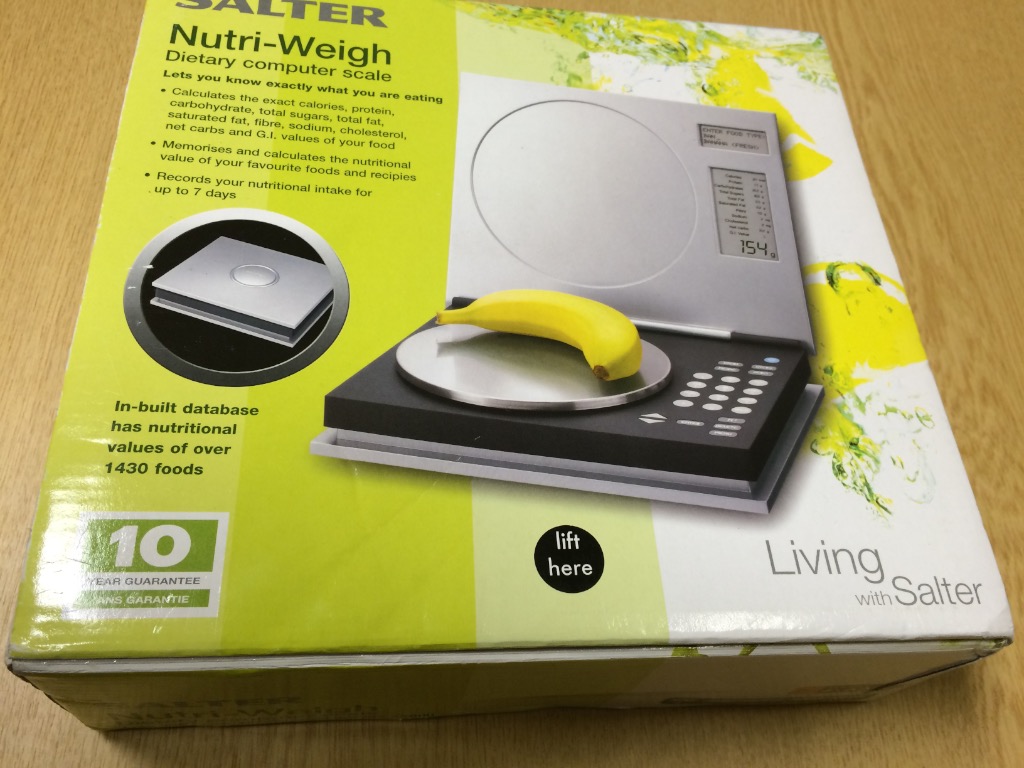Be on top of your diet by knowing how many calories you are consuming per day. The food you eat provides energy for the different chemical activities that go on in your body such as breaking down the food (digestion), processing information by the brain, getting rid of waste, and physical activities.
If the energy that is required by the body is less than what has been taken in, the body uses its reserves (stored fat if not enough the muscle). If this process continues for a certain period of time, the person will lose weight but this will need to be monitored so that the body mass index(BMI) does not get below normal and become undernourished. The reverse is true for overweight; the number of calories taken in is more than what the body is using up and the excess is stored as body fat resulting in overnutrition.
Body mass index = mass (kgs) / Height (meters) squared
Adult BMI ranges
Underweight – less than 18.5
Normal – 19 to 24.9
Overweight – 25 to 29.9
Obese – 30 to 39
Clinically obese – 40 and above
Tips
- Purchase a tape measure that is colour coded to help you determine your BMI range before you start any diet management. If you have measured your waist circumference and the recording is outside the normal range, consult a nutritionist. You can use our booking system to set up an appointment with a nutritionist to discuss your concerns.

2. Purchase a scale ideally the one that can help you determine fat and water content as well will be advisable. The scale will give you the readings for weight, BMI, fat, bone density, and water content. If you do not have the scale, you can use an ordinary scale and then use the dial scale on top of the tape measure above to read off your BMI.

3. Monitor your daily calory intake, very easy to do just use our calculator below:


Thanks for the advice. I have been working from home and wondering how can I keep up with health eating and also take breaks from my laptop? Please advise.
Hi Lynn,
Thank you for stopping by. Working from home has its own pros and cons but the best way is to take the same stance as if you were going to work away in the office that is, (i) plan your meals for the next day (ii) you would still wake up in time to prepare for the day by having your breakfast, do your early morning exercise (iii) take regular breaks from the screen and moving about for your back, (iv) still have your snacks and meals at the same time as when you are working in the office. The most important thing is to be able to plan your meals and snacks in advance and shop for the relevant fruits and vegetables for snacking. I hope this has been helpful. For more advice, you can book time with the nutritionist.